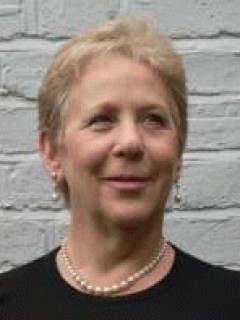It could be seen as a classic case of more haste, less speed. It could also signify muddled thinking about just who these Big Society initiatives are aimed at. Baroness Warsi, the peer championing the concept, describes it as follows: “The big society is defined by many in this House as being what most of them have done for most of their lives. It is a volunteering, social action, philanthropic approach to life, but it is also about the opening up of public services to local control and devolution of power.”
But we know that society isn't equal. "Grumpy" from Tunbridge Wells, who encounters antisocial behaviour on an irregular basis isn't going to have the same level of tolerance as someone on a sink estate who has become accustomed to it. Yet whose needs are greater, and whose voice is more likely to be heard?
If Caroline Spelman's climb down about Forestry Commission land shows anything, it is about who shouts loudest. MPs without any such land in their constituency have still had sackfulls of mail and their inboxes jammed by emails. The white flag was run up surprisingly quickly.
So just who will pick up the Big Society philosophy and run with it? Those same complaining middle classes are emptying library bookshelves to protest about closures, and revolution is being plotted at cosy coffee mornings. Those who might benefit most, however, are precisely those who are least aware of it, and less able to take advantage of it.
If Cameron seeks to bring the entire population with him, he's going to need much better "selling" skills, and the ability to persuade those who have been volunteering for decades that the Big Society is not just "power to the people" to replace those who have lost their jobs through the cuts.
Many of the neighbourhoods which could most benefit from a greater say in how they are run have transient populations, and may well lack the ability — or the language — to make their views heard. Indeed, it's debatable how many have actually heard or understood what Cameron intends.
Yes, it's a worthwhile concept. And it's probably worth investing in — but there lies the rub. There isn't the money at this current moment in time. Because money is needed to take the Big Society to areas that really need it, and inspire people to sign up. And sadly, that doesn't look like happening anytime soon.


